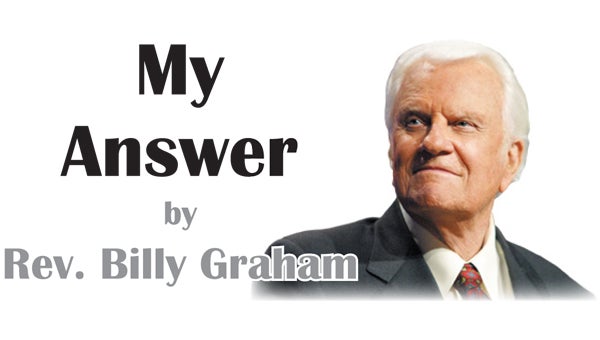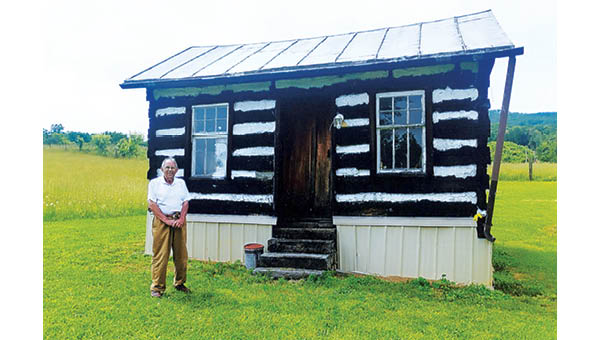Death is a part of life
Published 8:51 am Monday, October 7, 2024
|
Getting your Trinity Audio player ready...
|
From the writings of the Rev. Billy Graham
Dear Rev. Graham: My sister’s teenage children were kept from her funeral. Is it too overprotective to keep children from the loss of loved ones, funerals, and the mourning that is a part of life? – D.F.
Dear D.F.: Geoffrey Gorer, an Englishman, began a study of the change in attitudes toward death and mourning as a result of a series of personal experiences. He lost his father on the ship Lusitania in 1915, so was never able to see his body. It was 1931 before he first viewed a dead body and could experience and observe the conventions of mourning.
Gorer published an article that reported how children were excluded from funeral services, sometimes even those of their own parents. He told about the death of his brother in 1961. In speaking of his nephews, he said, “Their father’s death was quite unmarked for them by ritual of any kind, and was even nearly treated as a secret, for it was many months before Elizabeth (his wife) could bear to mention him or have him mentioned in her presence.”
A woman wrote, “When I was 12, my mother died of leukemia. She was there when I went to bed. When I woke up the next morning, my parents were gone. My father came home, took my brother and me on his knee, and burst into screeching sobs and said, ‘Jesus took your mother.’ Then we never talked about it again. It was too painful for us.”
How unfortunate when Jesus is depicted to children as the person who “took” mommy or daddy, without the child having a previous understanding of the hope of Heaven and eternal life. In contrast, the remembrance of a friend who was dying of cancer said, “The prayers of God’s people are the extension of His loving arms.” As she died, her entire family stood around her bed and literally sang her into the glory of Heaven.
————
(This column is based on the words and writings of the late Rev. Billy Graham.)






